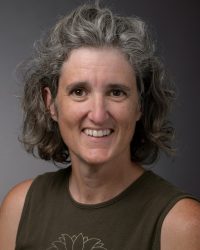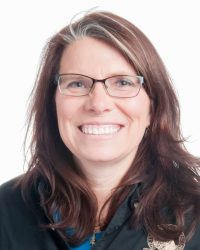SIRT Researchers
Bird-Window Collisions
Research Team:
M. Elsbeth (Misty) McPhee, Brad Spanbauer, Stewart Cole, Lisa Mick, Anita Carpenter, and Linda Pereksta
Project Description:
Approximately one billion birds die annually in North America as a result of collisions with windows. This is a problem on the UW-Oshkosh campus, and we propose to systematically assess avian species diversity and abundances, record species that die from window strikes, analyze relationships between overall species abundances and proportions of window strike fatalities, and determine which windows on campus are most likely to be associated with bird deaths. The ultimate goal of this work is to propose potential solutions to the campus.
Outcomes (planned):
One year (Fall+Spring) of opportunistic bird-window collision data collection to identify problem areas on campus
One season (Spring) of systematic bird-window collision mortality data (carcass surveys)
One season (Spring) of systematic assessment of avian diversity and abundances on campus (point-count surveys)
Assessment of windows likely contributing to bird-window collision deaths; for example, we will determine which windows had the most deaths and whether or not there are some windows that are ‘less bad’ than others.
Statistical analysis of the relationship between local abundances and window-strike frequency; for example, we will ask whether or not certain species are more vulnerable to window strikes than others and whether or not that variability correlates to certain characteristics, e.g.., foraging behavior/habitat-type use or migratory/resident status.
Data on which to base future funding proposals to study different approaches designed to minimize bird strikes on campus.
Recommendations to the University for how to modify windows to reduce bird
fatalities.
Presentations at national behavior and conservation conferences, e.g., Animal Behavior Society, Society for Conservation Biology.
Manuscript for submission to a peer-reviewed journal in the environmental sciences.




